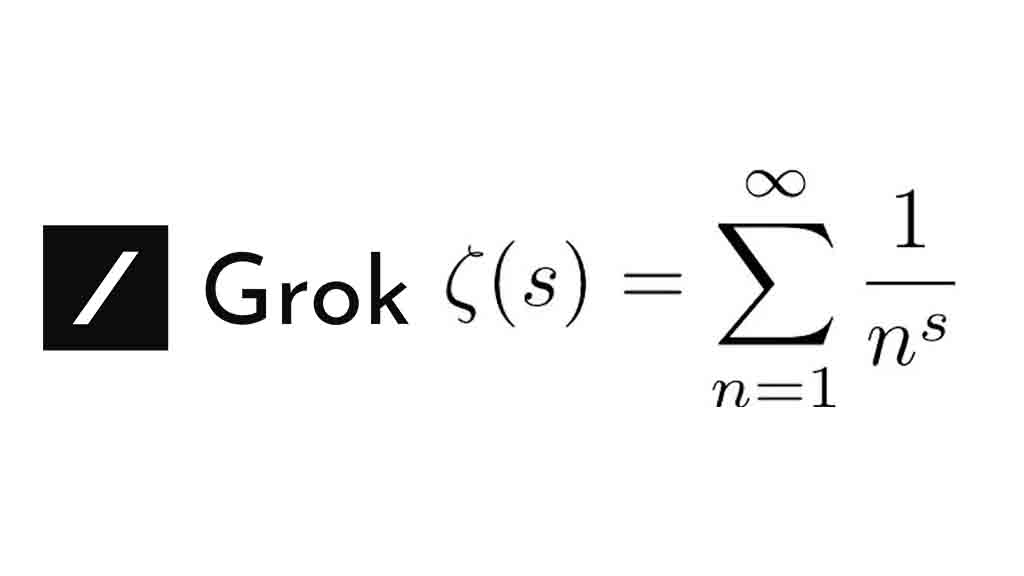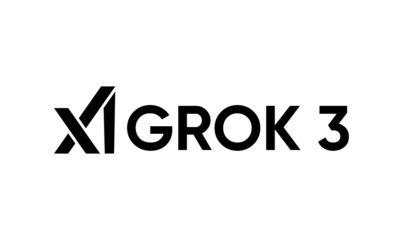xAI
xAI Grok 3 might have proven the world’s most difficult hypothesis

AI company xAI team member, Hieu Pham has shared an update on the Grok 3 large language model, which suggests that it has proven the world’s most difficult hypothesis but you may not understand whether he’s serious or it’s just sarcasm.
Heiu wrote “Grok-3 just proved Riemann’s hypothesis. We decided to pause its training to check its proof, and if the proof is correct, training won’t be resumed, as the AI is deemed so smart that it becomes a danger to humanity.”
Riemann Hypothesis was proposed by Bernhard Riemann in 1859. It is one of the most famous unsolved problems in mathematics. It is related to the distribution of the non-trivial zeros of the Riemann zeta function, a complex function that encodes information about the distribution of prime numbers.

He hypothesized that all non-trivial zeros of the zeta function lie on a vertical line in the complex plane, known as the critical line.
In the 19th and 20th centuries, the hypothesis picked up huge interest from mathematicians, who began to investigate it and its implications for number theory. This interest led to progress in understanding the properties of the eta function and its zeros.
As of today, the hypothesis keeps on fascinating mathematicians and numerous attempts to prove or disprove it. These attempts include computation progress and the latest large language models (LLM), which are specially designed to solve math problems.
However, none of these chatbots or LLMs are capable of providing an answer to this hypothesis. I’ve asked Gemini, ChatGPT, and other AI chatbots about this hypothesis but none of these can prove it.
So, Grok 3 has proven this hypothesis? For now, we don’t know the answer but we’ll have some clarification very soon.
A few months ago, xAI released Grok 2 and Grok 2 mini models and the company is now training Grok 3 for future release.












